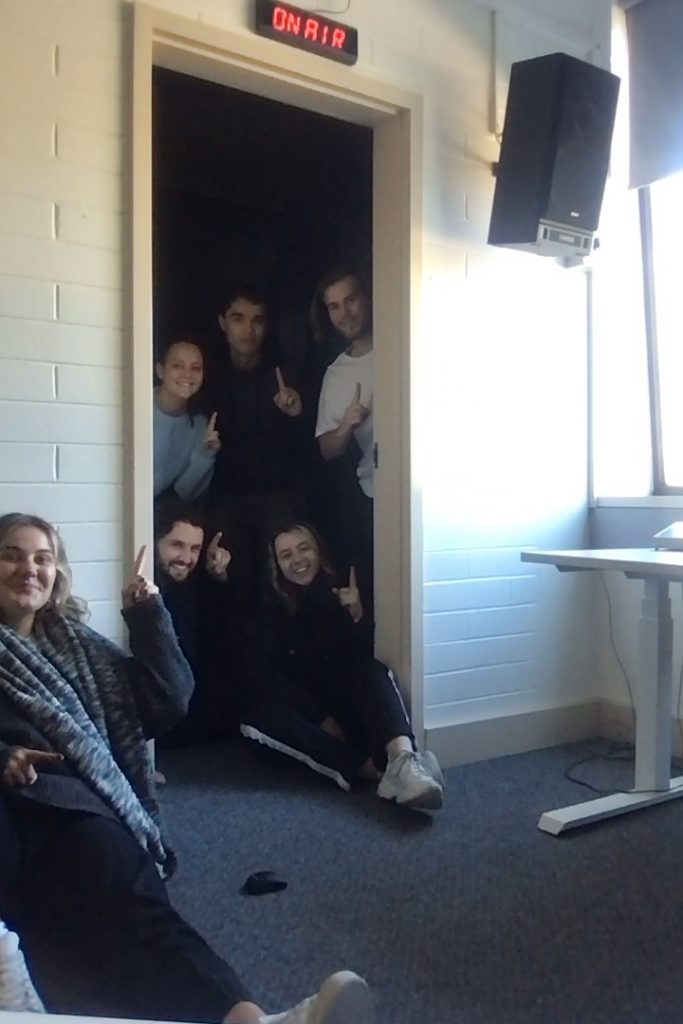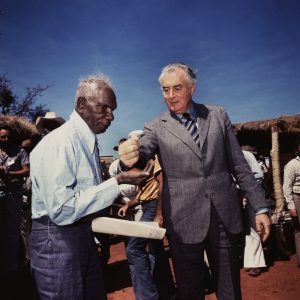Govt too ‘bureaucratic’ to close the gap: doctor
By CHARLOTTE KING
THE Prime Minster’s plan to close the life expectancy gap for Aboriginal Australians by 2031 has become so “incredibly bureaucratic” that it is failing to succeed, according to a local Indigenous health expert.
Dr Peter Sharp, Medical Director of the Winnunga Nimmityjah Aboriginal Health Service in Narrabundah, made the claim yesterday (10 March 2011), a month after the release of the 2011 Closing the Gap Report.
“I think the crux of the Aboriginal health issue is that the people who know the most about the Aboriginal health issues are Aboriginal people,” Dr Sharp said. “And they’re the ones that should be involved.”
Dr Sharp, who won the ACT’s Local Hero Award in 2008 for his services to Indigenous health, also said the government has made the mistake of thinking that one solution will work in all communities.
“What’s the problem in Canberra is not necessarily the problem in Dubbo or in Alice Springs, and we’ve got to design programs to work with individual communities,” he said.
The 2011 Report provided $1.57 billion for closing the health gap between Indigenous and non-Indigenous Australians.
The accusation echoes those made by the Federal Opposition Minister for Indigenous Affairs, Senator Nigel Scullion, in a press release issued in February (09 February 2011).
Senator Scullion said that Julia Gillard was spending “buckets of cash” without ensuring that progress was made.
“The Prime Minister must invest in properly targeted programs and then closely monitor and intervene where necessary to ensure progress is made,” he stated in the press release.
But a spokesperson for the Indigenous Affairs Minister Jenny Macklin disputed allegations that progress is slow.
“Our unprecedented investments and partnerships with state and territory governments are beginning to change the lives of Indigenous people,” the spokesperson said.
The spokesperson also responded to queries about funding Aboriginal Medicare Locals as part of the national health reform, something recommended by the National Aboriginal Community Controlled Health Organisation (NACCHO) in November last year (19 November 2010).
“The Government is currently seeking applications from organisations interested in becoming a Medicare Local,” the spokesperson said. “Existing primary health care organisations … are encouraged to apply.”
However, Dr Sharp said he was told by the Government that the Indigenous-specific Medicare Locals were not going ahead, and so his organisation would not “waste energy” on applying to become one.
NACCHO Chair Justin Mohamed stated in a media release last year (19 November 2010), that the proposed health centres would best work if run alongside mainstream Medicare Locals,
Mr Mohamed also welcomed the national health reform as a way of removing the “tier of bureaucracy” that exists whilst states and territories control health funding.
The issue of reforming Aboriginal health will be at the forefront of NACCHO’s agenda when it presents its Aboriginal Health Showcase at the National Rural Health Conference in Perth next week (13 March 2011).


Be the first to comment!